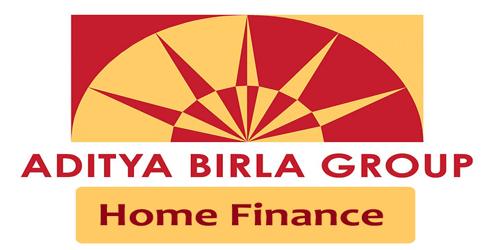Since I’ve been an entrepreneur three times and a venture investor during two downturns, I’ve seen technology from both the pro and con sides (h/t Joni Mitchell). On the startup side, Microsoft bought my first business, VXtreme, and used it as the foundation for online video streaming. The second experience I had was the dot-com era’s common rocket ship run up to an IPO and subsequent collapse in valuation.
When the internet bubble burst, my third firm had barely been operating for a year and still had not established product-market fit. We had to take extreme steps to survive, including two rounds of layoffs, until we could combine with another business, which is still going strong today. I have invested in over 60 businesses as a venture capitalist, and although many of them have gone public or been bought, the path has involved pivots, near-death encounters, and surviving the 2008–2009 recession.
Today, when ominous terms like “cram downs,” “structure,” “ratchets,” “illiquid portfolios,” and “wind down of funds” are bandied around, I can understand the founders of businesses that are struggling to raise money, have seen their valuation fall, and are forced to make difficult survival decisions. Though each period is unique, the following advice applies to our current normal:
Do your investor due diligence if you’re raising money. Firms having funds that are towards the end of their useful lives will be under severe limitations during a recession and could not have allocated enough follow-on capital for their existing investments.
If you’re doing internal rounds or bridge extensions, reserve management may become a problem and existing investors may not be able to pay their pro-rata amounts. Therefore, while evaluating investors, you should find out which fund they are investing from, how far along they are with their investments, and how much capital they have set aside for subsequent rounds. By doing this, you can be sure they can meet your capital requirements in the future.
When cutting costs, think beyond the box. When money is tight, you must be prepared to lengthen your runway by killing your darlings. After the dot-com crisis, at Rivio, my third firm as a founder, we devised a zero-based budget plan that presupposed we wouldn’t have access to any future cash. Then, we substantially reduced the number of product features, revised our go-to-market plan, and rightsized the company.
















